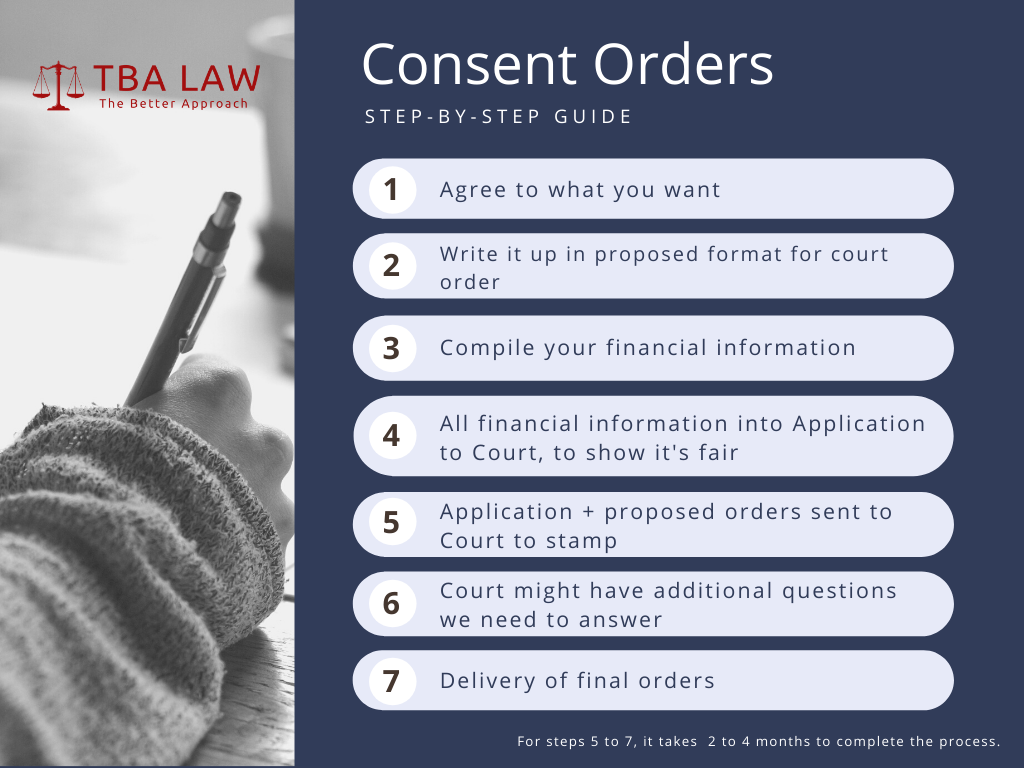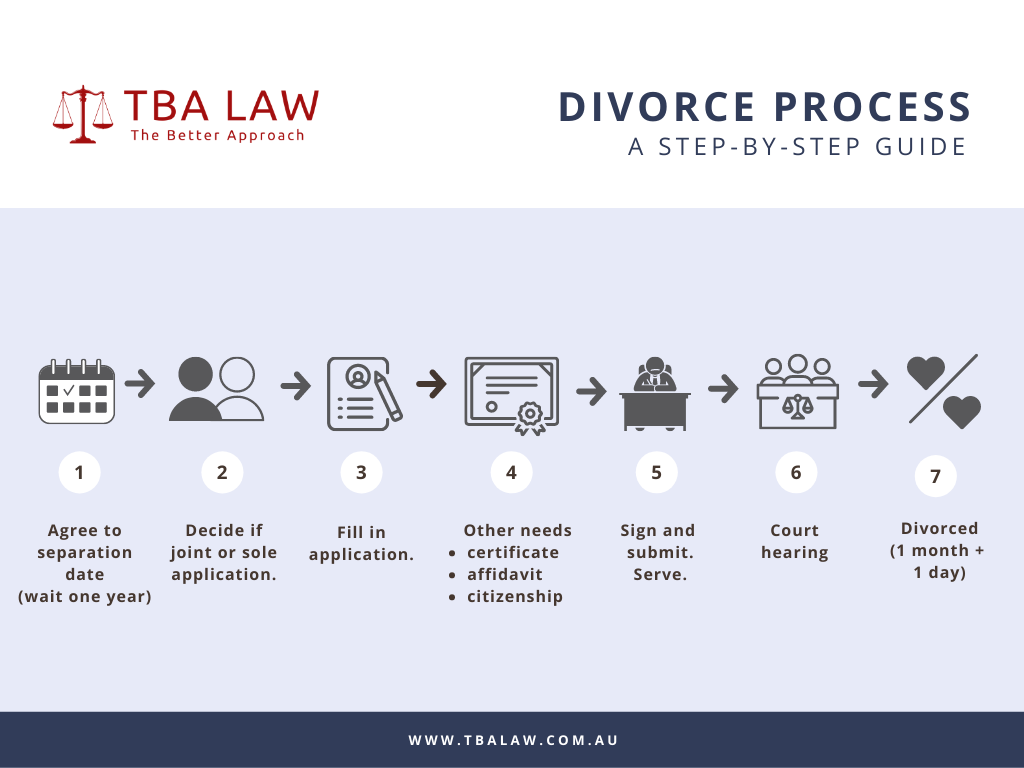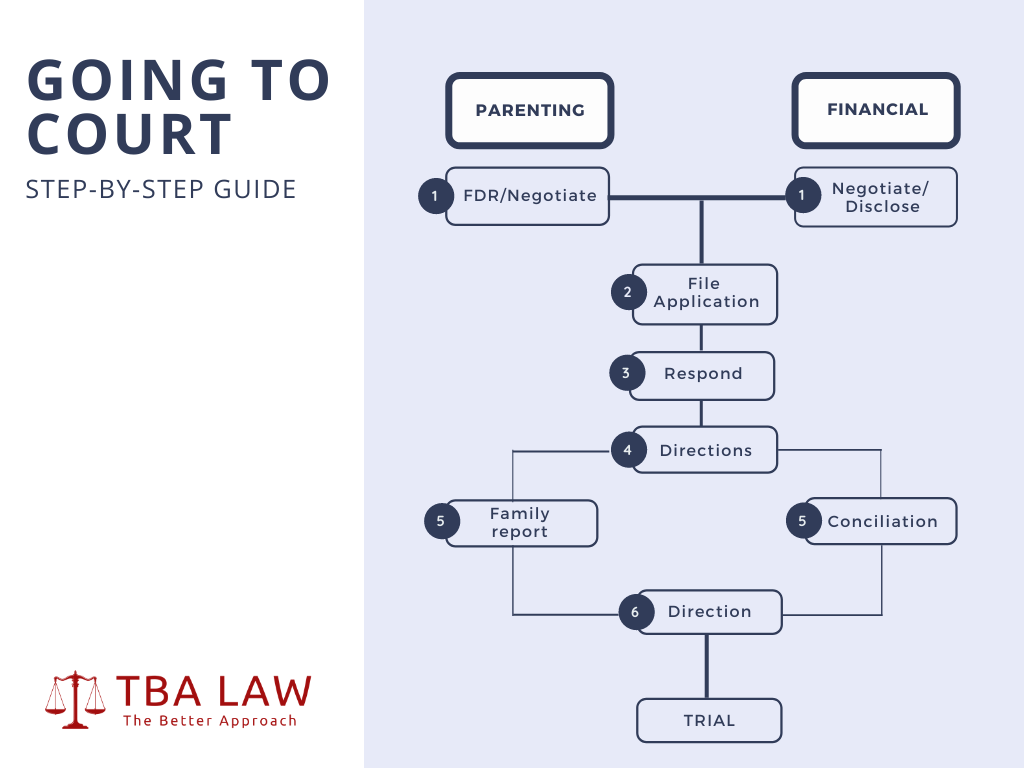Achieving the best possible outcome for your separation or divorce
Free Webinar: Avoid the 3 Common Mistakes Separating Couples Make
Clarifying separation, settlement and divorce.
A separation happens, whether you’re married, whether you’re defacto, whether you’re same sex, no matter what your relationship the separation triggers the same legal rights these days. You can be you separated, while still living under the one roof together, but usually it’s when one of the parties moves out.
When separation happens, or even before separation, people immediately start thinking, “Divorce, kids, financials?” These 3 things are dealt with separately as well:
- You’re going to want to have arrangements for your children,
- You’re going to want to do a financial settlement, and
- If you’re married, divorce can happen regardless of those other two things being finished or not.
You don’t need to trigger a divorce to do a financial settlement. Divorce is quite often the final step for people at the very end, and sometimes not even necessary. Divorce can’t happen until you’re separated for 12 months.
You can see that you wouldn’t want to wait 12 months after separating before you started dealing with arrangements for your kids or separating your property interests.
Think about arrangements for your children, and your financial settlement, individually, rather than as a whole. If you look at it all as a whole, it can be quite overwhelming, but just approach things step by step. Get more information here.
FEE OPTIONS
We offer a choice of fee structures to suit your needs, including:
Fixed Fee
We will provide you with an upfront fixed amount for our legal fees, for each stage of your matter. It is helpful to know the cost at the beginning, so there are no unexpected surprises at the end. It may also assist you to make more informed decisions at an early stage in regards to how you would like your matter to proceed.
Pay At The End
We know you might not have a lump sum of cash when you separate – or you need to use what available cash you have to get a new place and furniture. So if you do have property that needs to be split, and are likely to get a lump sum, we can take our payment at the end when you get your payment too.

4-Step Financial Settlement Process
The court looks at these four steps.
- Establish the pool of all the assets, and you work out the net value is of everything. Don’t look at individual assets; you put everything into the pool, all assets and liabilities, and you work out the net value.
- Work out who contributed what to the relationship. Usually the starting point, particularly if the relationship has been going for 10 years or more, is 50/50. Unless one contributed more significantly, financially? Or need one person have more to begin with? Or did one person get a payout or inheritance during the relationship? You also look at non-financial contributions, particularly improvements to assets that were made just because of the skill that one of the people might have had. A full-time carer and home-maker is considered to have contributed significantly, in most cases.
- Look to the future to see if a further adjustment to the split is needed. Who is unwell? Who has greater income-earning capacity? Who is looking after the kids?
- Achieve an equitable split up of the assets in the pool. If we’ve worked out that there’s going to be a 60/40 split, how is that going to happen across those assets? It has to be justly done.
We go quickly through those four steps in our first appointment with people, so you get a fairly good idea about where you stand straight away.

Get Started Online
Who Gets Custody?
Parental responsibility is a concept that has been around for more than 10 years, yet a lot of parents still mistakenly talk about “custody” for their kids.
Under Family Law, when parents have separated, there are two legal components to the arrangements that the Court looks at: parental responsibility, and then time with the child. So it’s not custody.
The starting point is that all parents have equal parental responsibility. That means that both parents have equal rights to making the big picture decisions, such as where and how the children are educated, what religion the children are brought up in, their medical care, and other big picture decisions.
It’s very rare for a court to take away parental responsibility from a parent and grant sole parental responsibility to one parent.
Then you look at the arrangements for the child spending time with the parents. A typical arrangement might be that the kids split up 14 days; so 10 days with one parent, and four days with the other parent each fortnight. That is the spend time with arrangement that is often the most difficult part to work out.

Getting a divorce
A divorce is really only necessary when you want to remarry. It’s a legal formality.
The divorce can only happen after you’ve been separated for 12 months.
“Well, do I want the divorce? Do I need it? Should I do it?”
You can do the divorce application jointly (you and your ex- can do it together), or you can apply by yourself. If you make the application to the Court yourself, there are a few extra official steps you need to take, such as serving the paperwork.
If there are children under 18 and the Court will want to hear from you about what arrangements are in place for the children. You can do the appearance on the phone yourself.
If you’ve only been married for a short period of time, you have to go and get counselling before you can divorce.
Here’s some more information.

